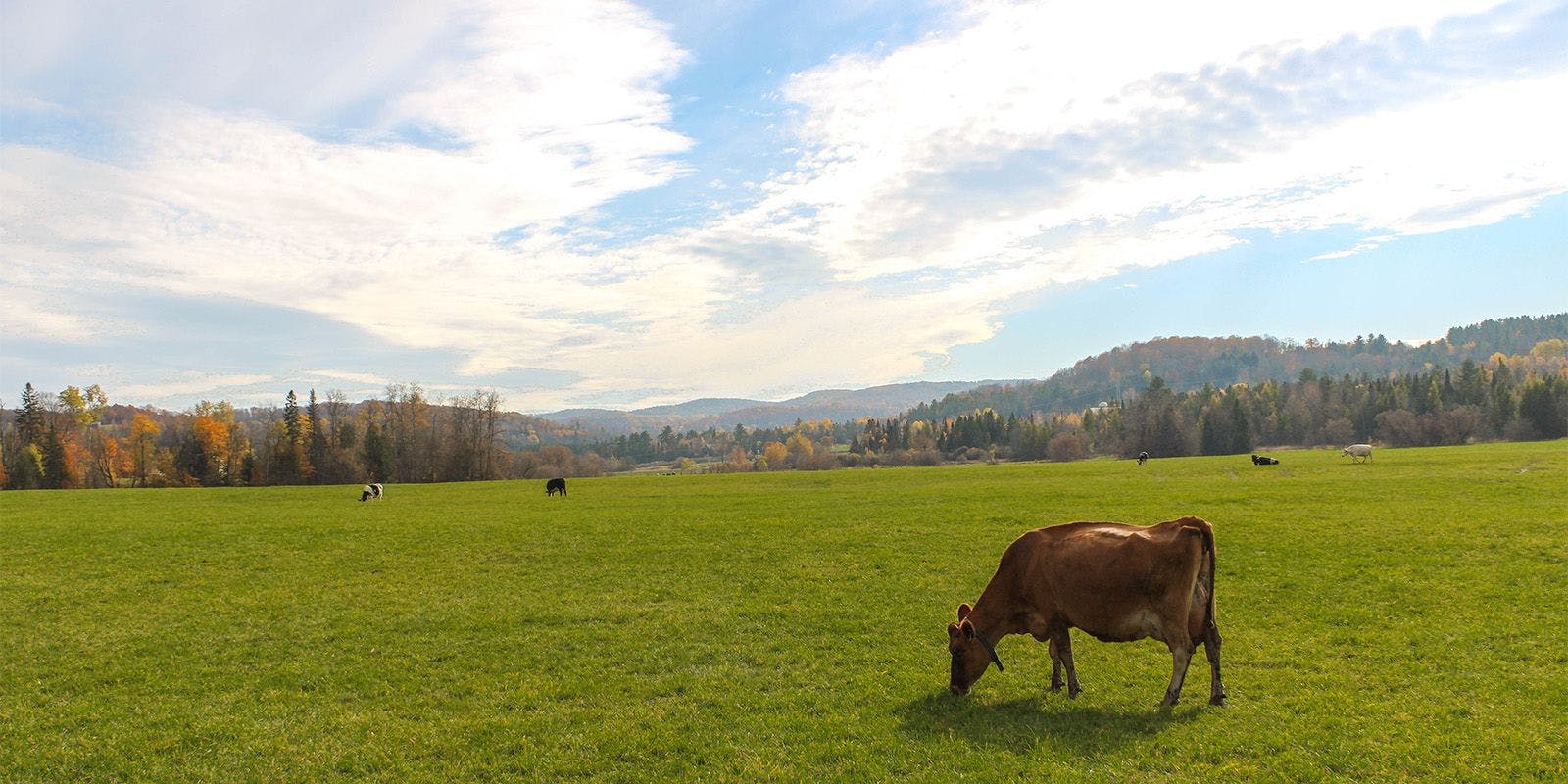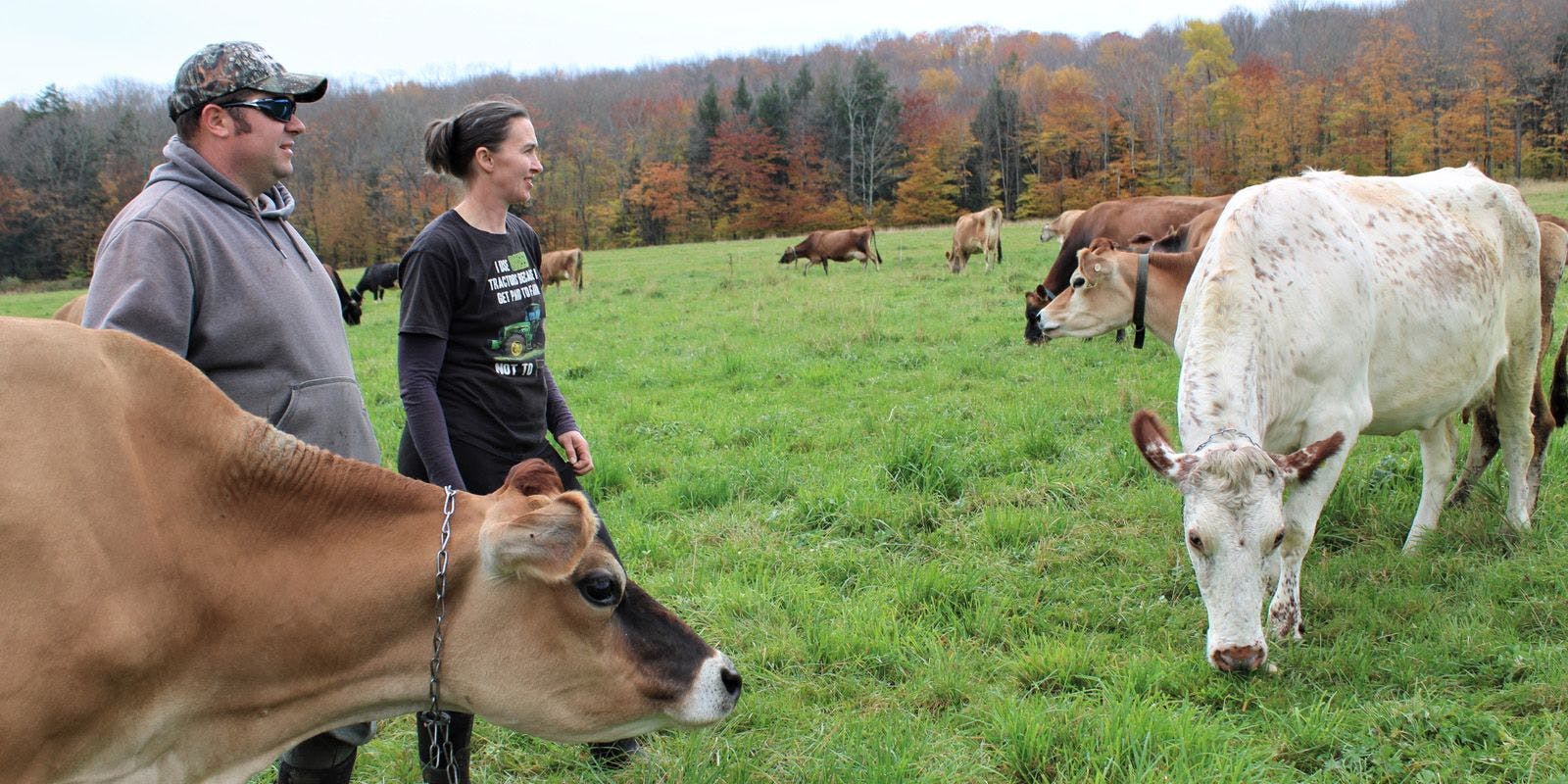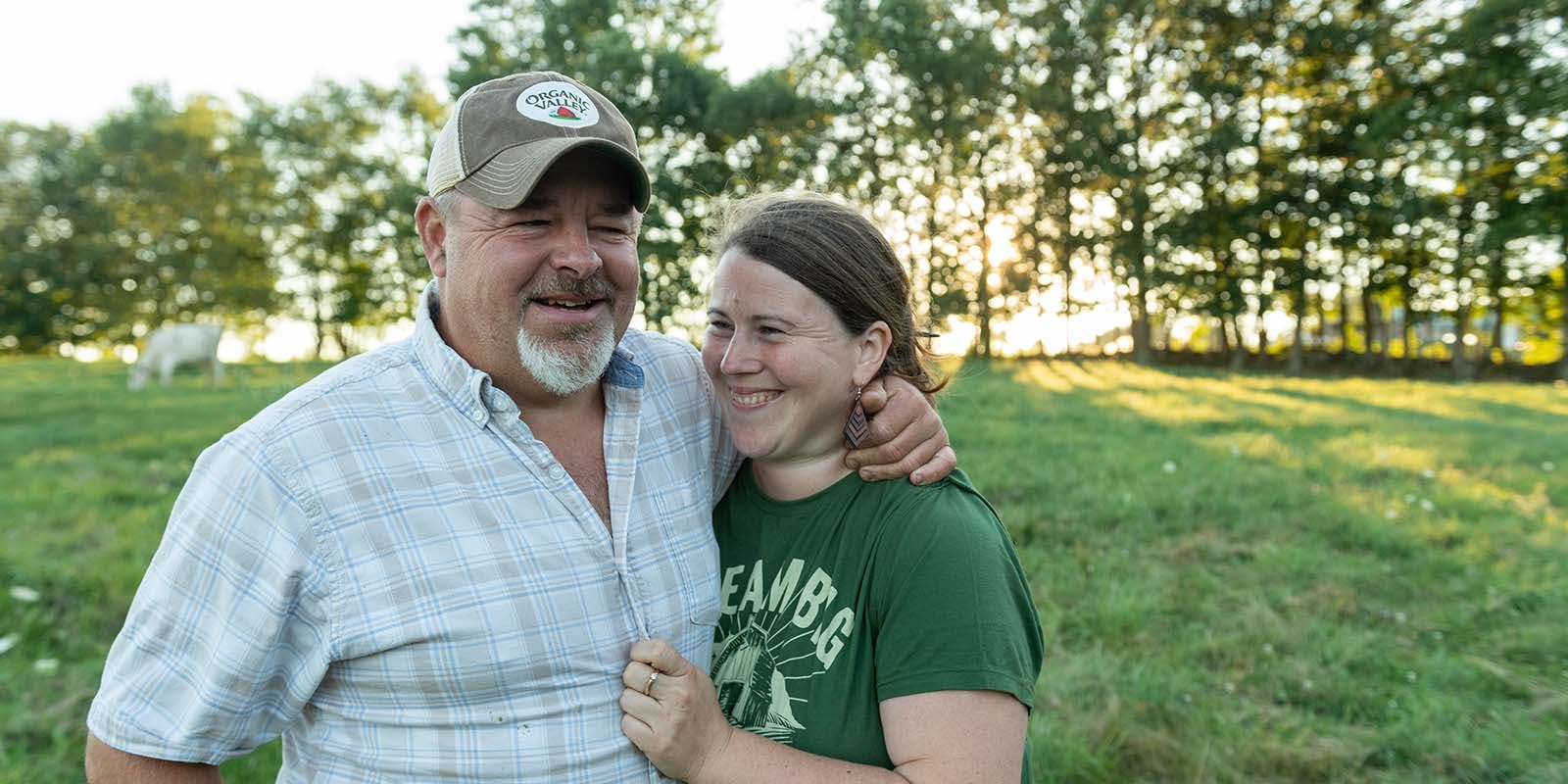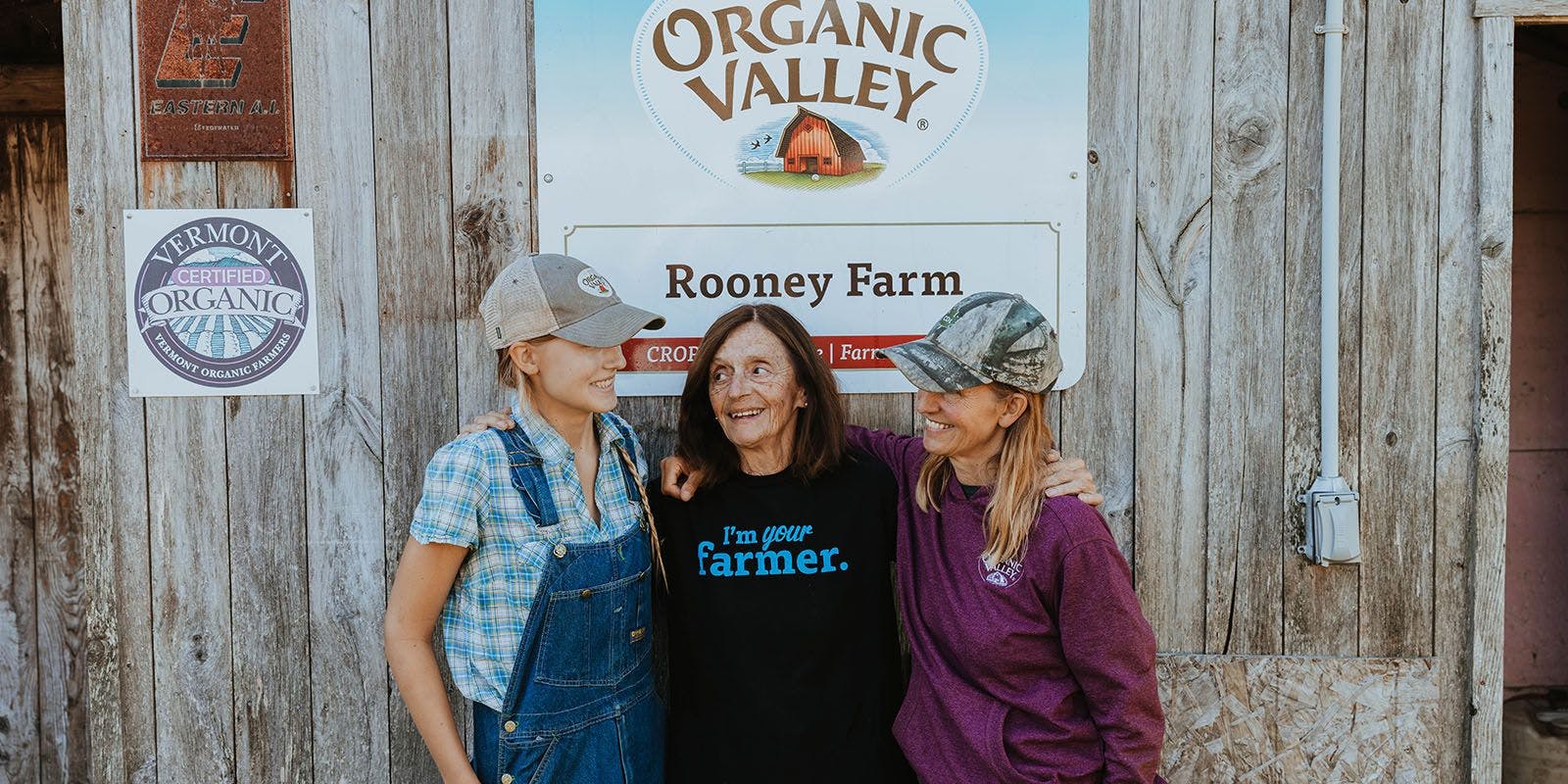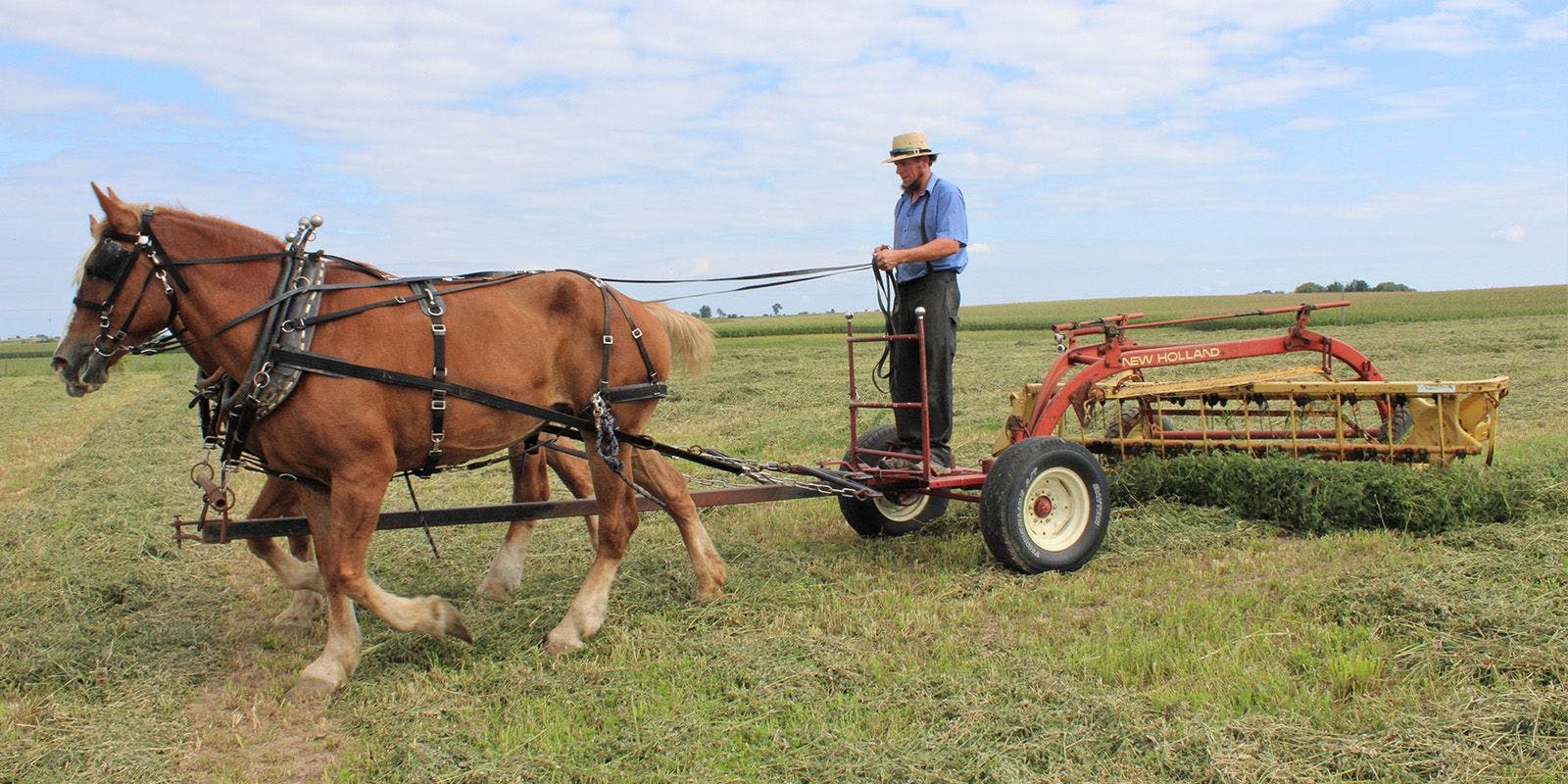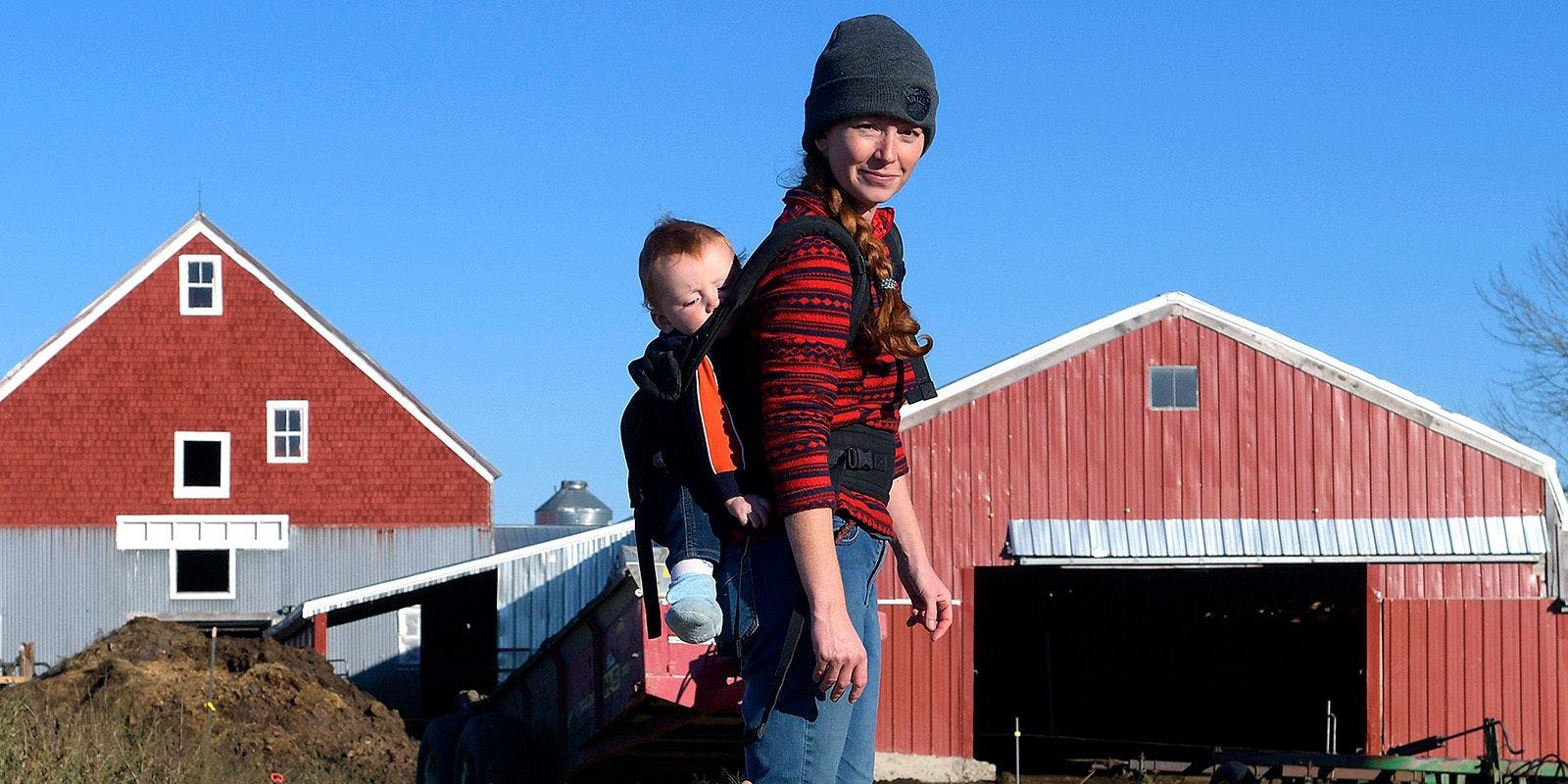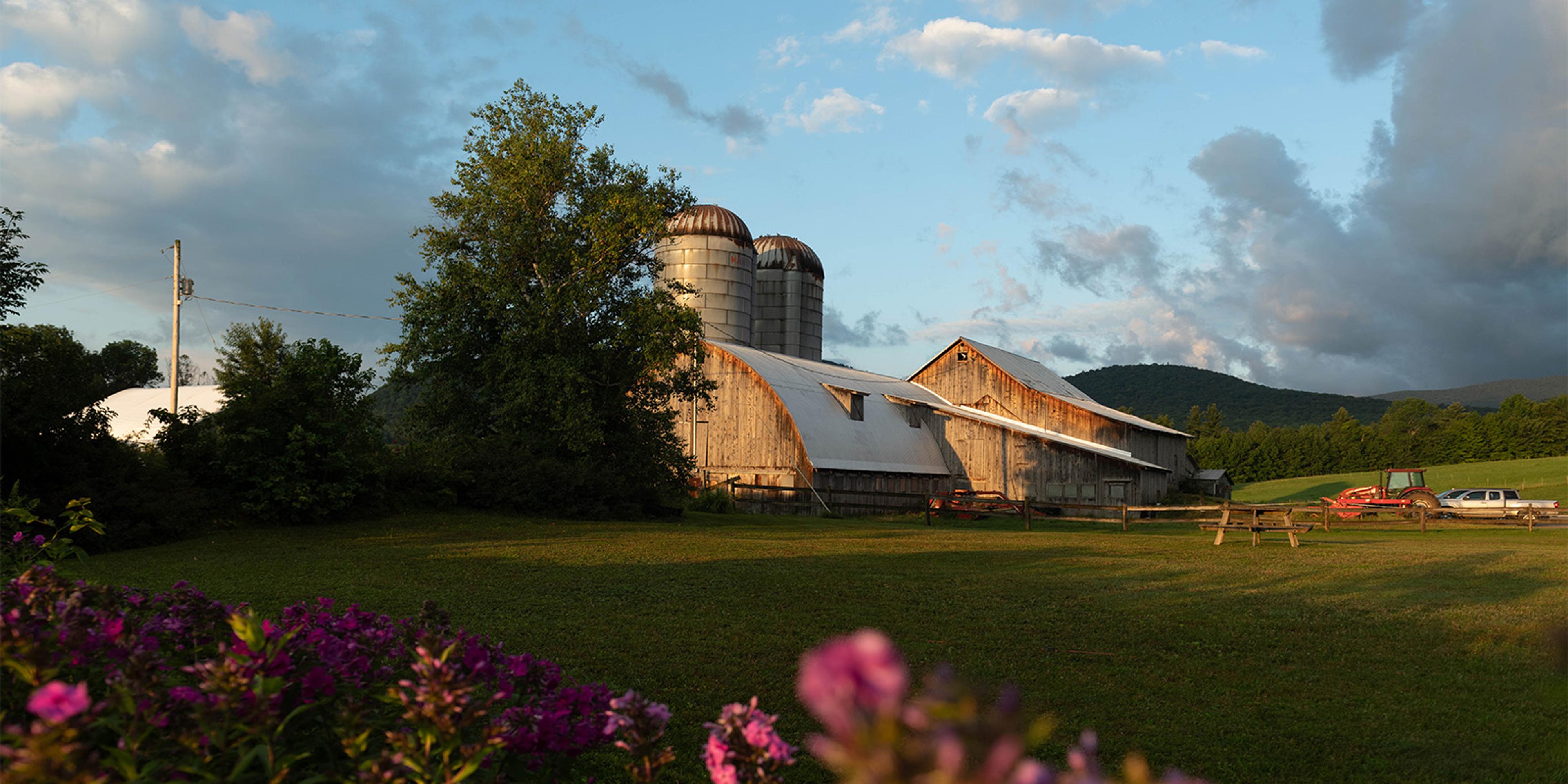
Farming
What Is a Small Organic Family Farm?
You’ve heard us talk about small organic family farms. After all, Organic Valley is incredibly proud of the work we do to grow demand for organic milk and dairy and provide stable pay prices to support organic family farms. But we don’t often explain what it means to be a small organic family farm.
What Is a Small Farm?
At Organic Valley, we define “small” as a farm where families are caretakers of animals and the earth. The families are the owners and manage day-to-day operations.
Our farmers have an average dairy herd size of fewer than 80 cows, which is less than one-third the national average dairy herd size.
Organic Valley member farms might be small, but each operation has a big impact. Small farms are instrumental in supporting rural and farm economies, protect natural resources, maintain biodiversity, and even have higher yields than large farms — there’s nothing “small” about that.
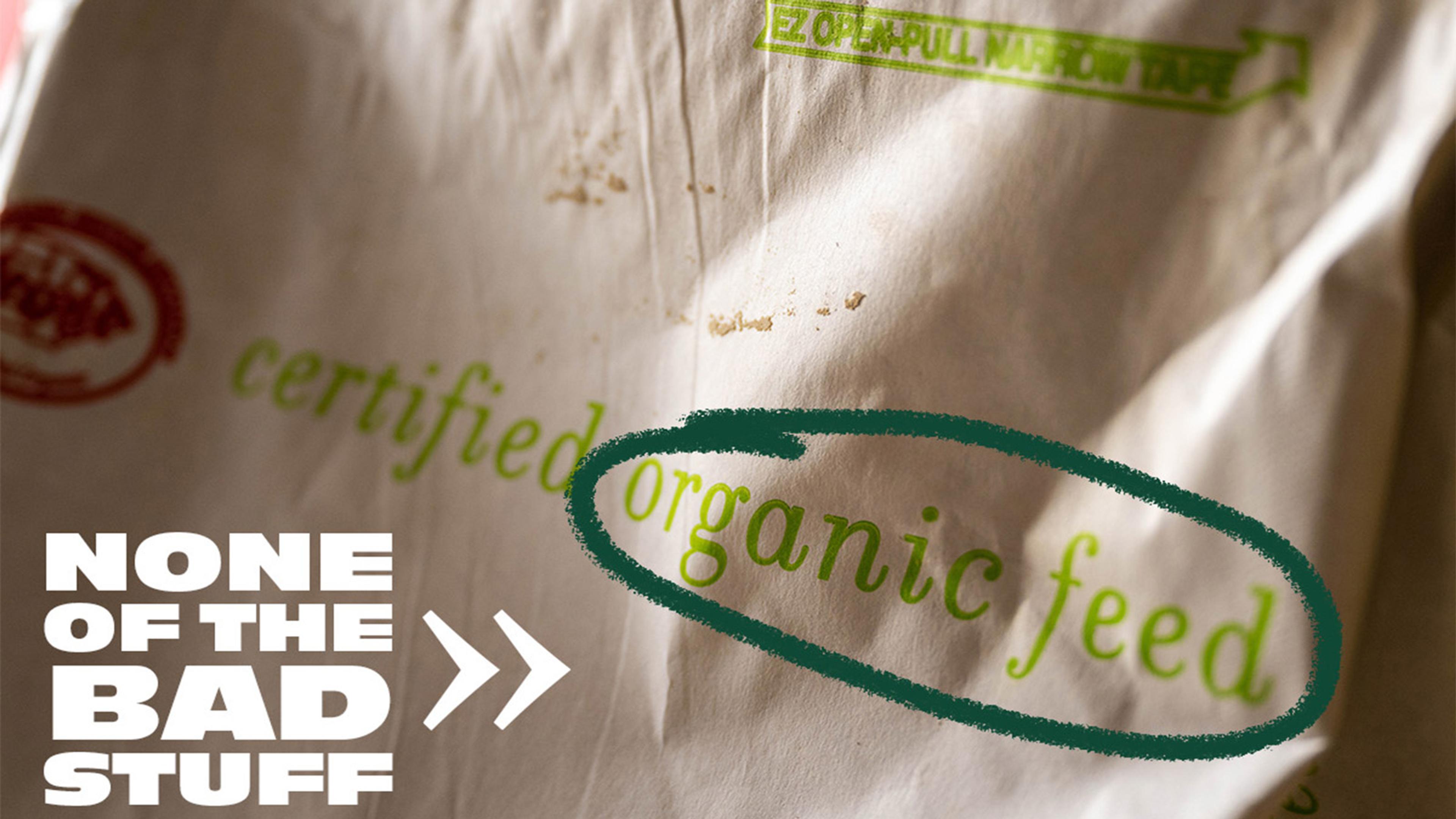
What Is an Organic Farm?
You may be familiar with the green-and-white USDA Organic seal that appears on produce from apples to zucchini and all Organic Valley products, including milk, butter, cheese, eggs and produce.
The organic standards were first published in 1997 and guarantee that no GMOs, toxic pesticides, growth hormones or antibiotics are used. There are 700-plus chemicals that are prohibited in organic agriculture, and the land must go three years without the application of these substances before a crop can be certified organic.
In other words, it takes major dedication to earn organic certification and all Organic Valley farmers have done the work.
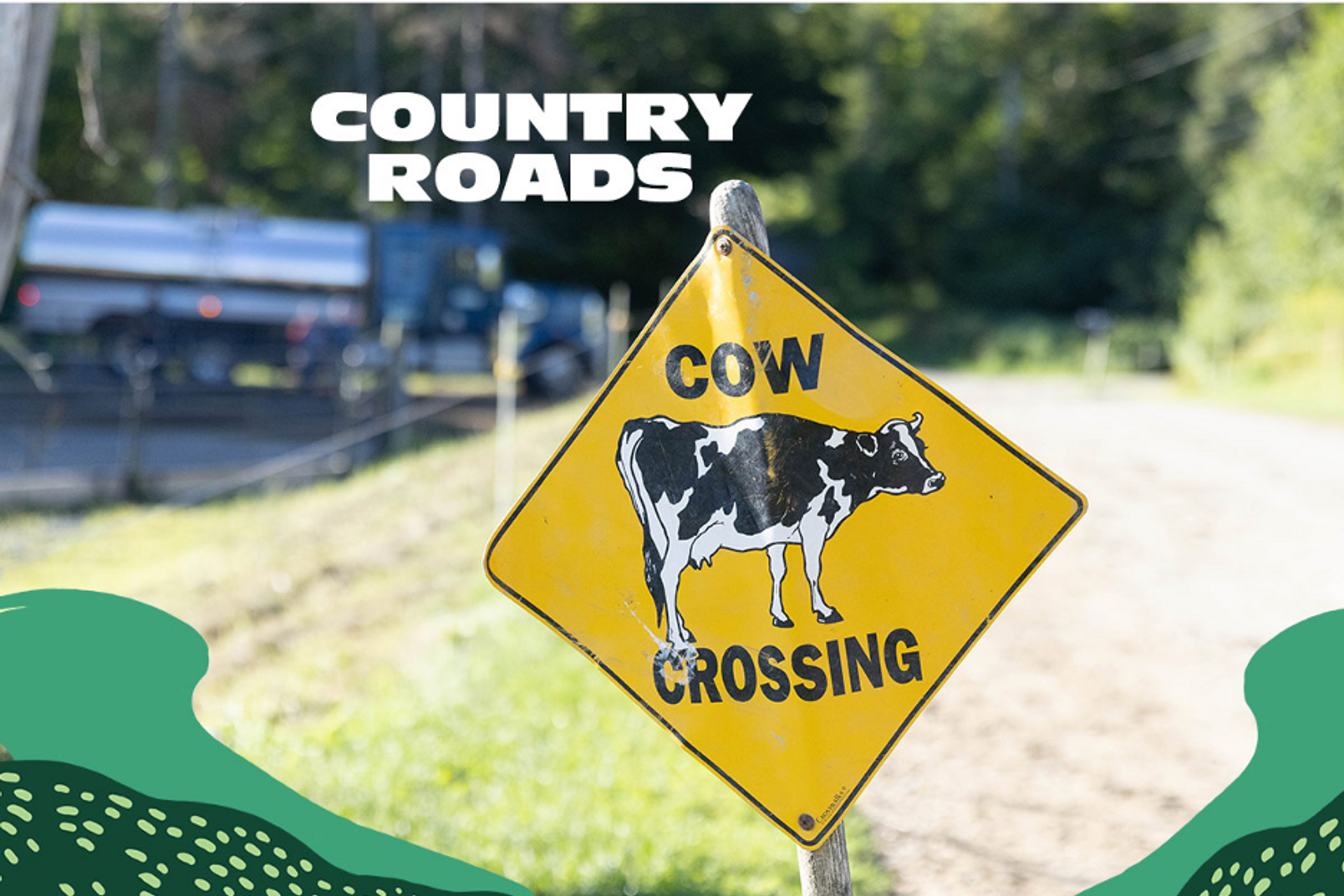
The Osgood farm in Vermont.
The lack of synthetic herbicides means that organic farming often requires more labor than conventional farming — and might even necessitate hand-cutting weeds or restoring habitats — but Organic Valley farmers don’t mind. In fact, the co-op’s founding members were pioneers in the organic movement and all of our farmer-members are committed to farming in harmony with the land and all living organisms.
(And we are proud to say that one of Organic Valley’s founding farmers and former CEO, George Siemon, was instrumental in helping set national organic standards and has been a leading advocate for organic for decades. Check out how this made a difference in the lives of so many here.)
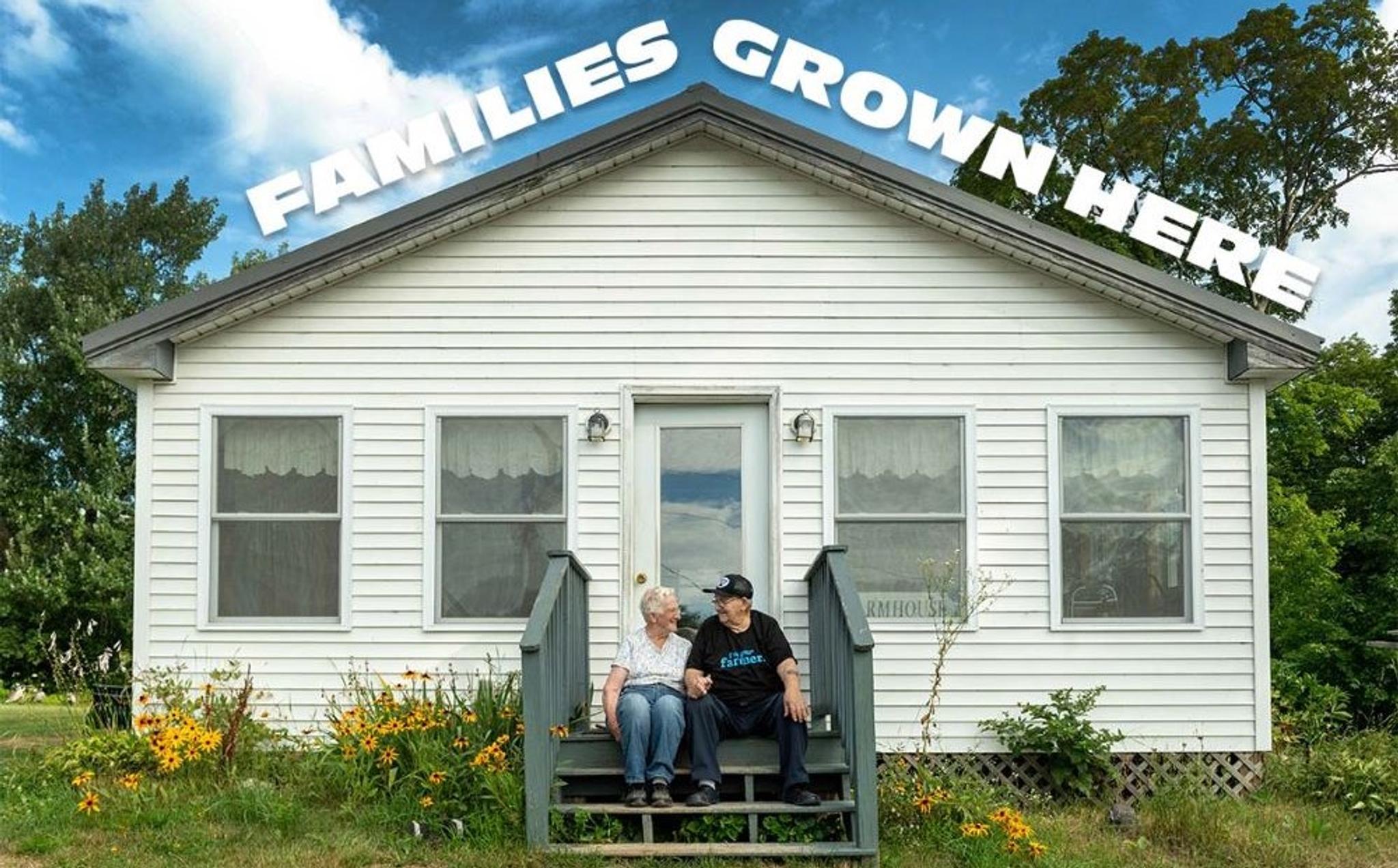
The Turner family farm in Maine.
What Is a Family Farm?
Family farms can operate as sole proprietorships, partnerships or family corporations. But they have one thing in common: On family farms, the owners get mud on their boots and work with the animals; multiple generations might be managing all aspects of the operation, from feeding and milking cows to planting rows and paying bills. They put in the work to make their farms a success.
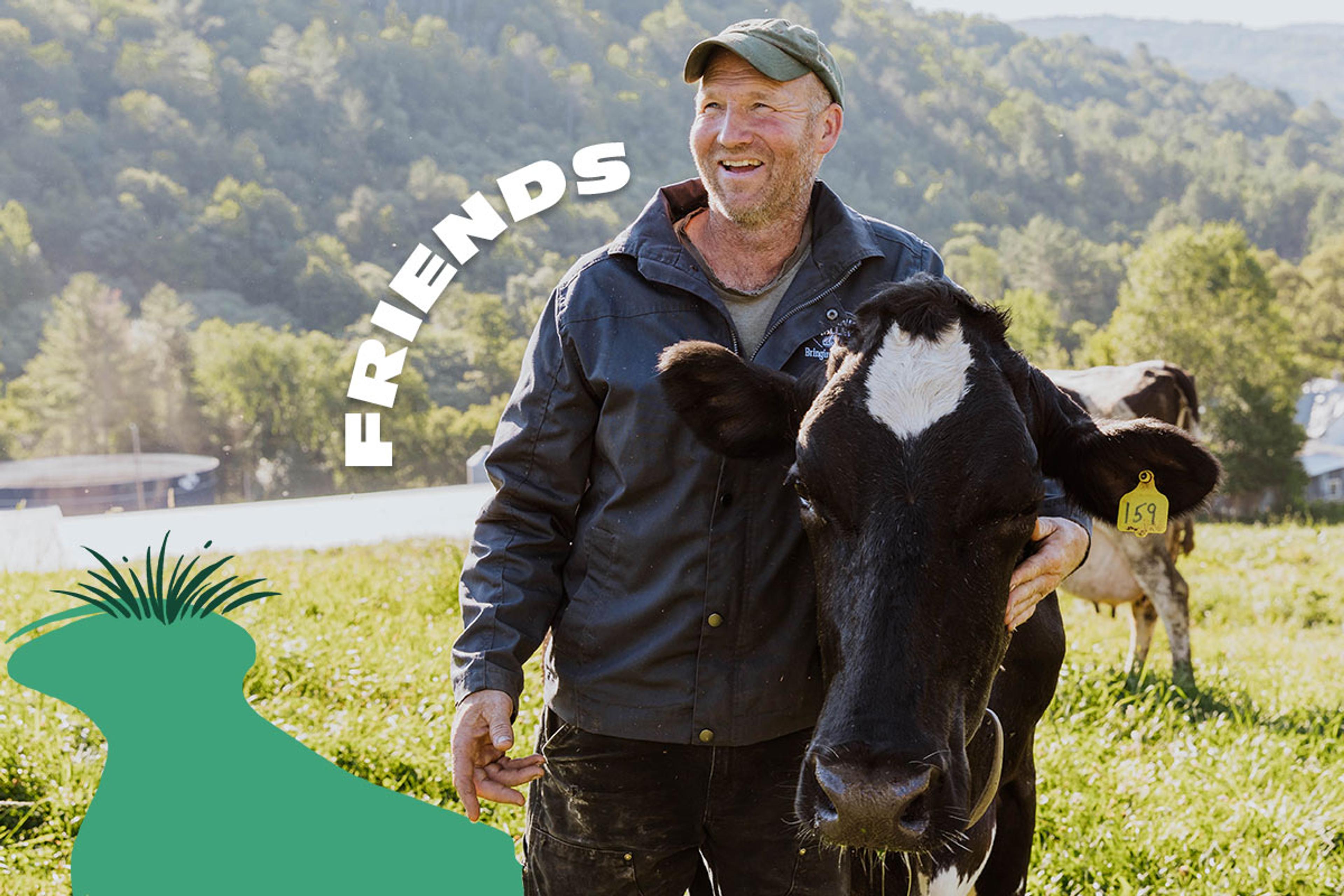
Rory Allen and friend on their family farm in Vermont.
On Organic Valley farms it’s not uncommon to find Mom and Dad headed to the barn with children in tow as curious cows munch away on green pasture before they head in for milking. Family decisions are often made in milking parlors.
Farming is a way of life, and strong bonds are built around it. Not only bonds between family members but bonds with cows — and along with allowing cows plenty of time on pasture, Organic Valley farmers do some pretty cool things to make sure the cows are comfortable.
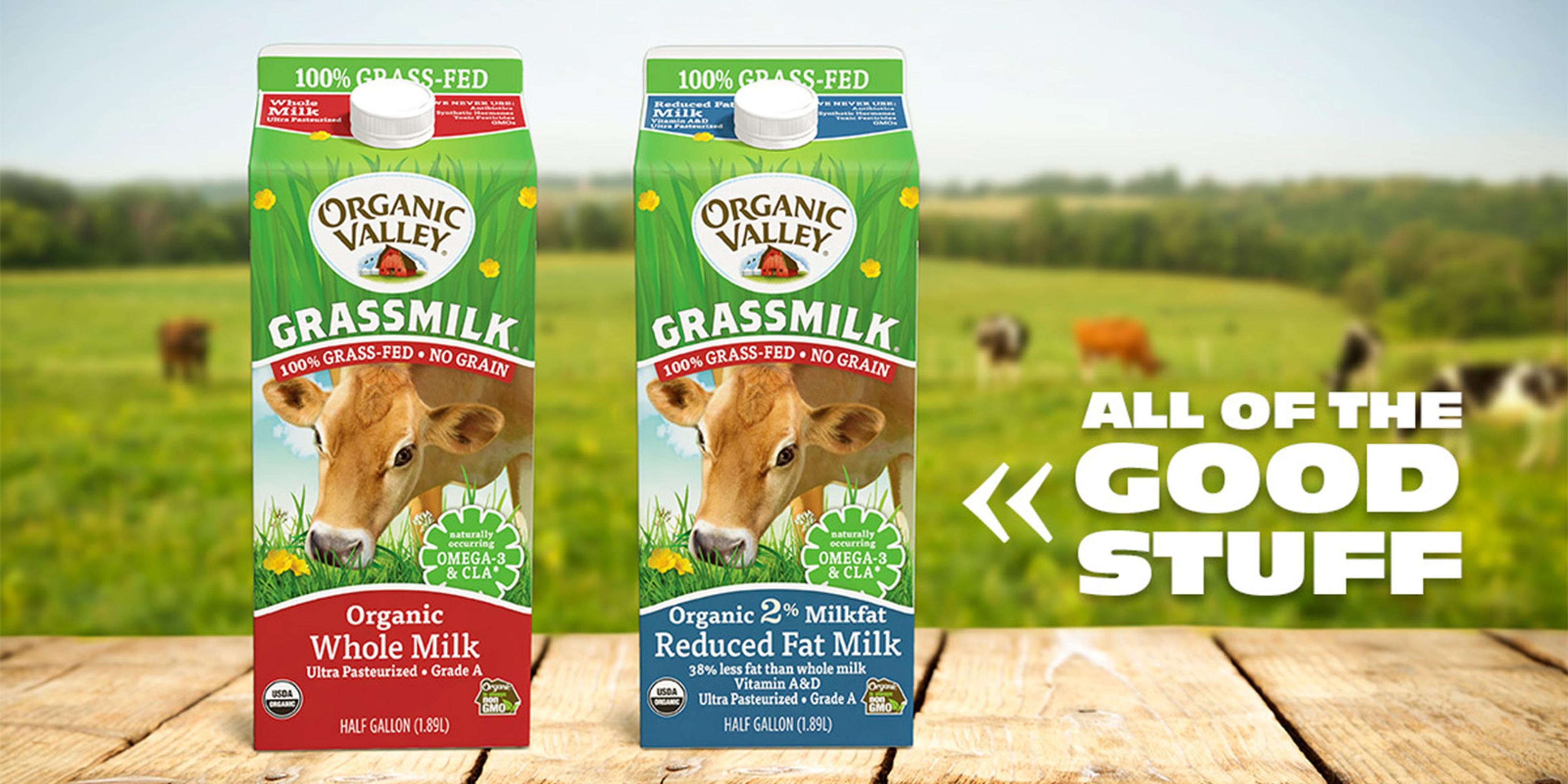
We’ve talked about what small, organic and family mean to our co-op but we didn’t talk about the products that come from these farms.
Organic Valley products are sustainably produced without the use of toxic pesticides, synthetic hormones, antibiotics or GMOs. From milk to cheese and eggs to Brussels sprouts, Organic Valley farmers put care and attention into products to make sure you are getting quality food your family will enjoy.
A few examples of ensuring quality: Our milk goes through an extensive list of 57 quality checks and our eggs are evaluated for yolk color.
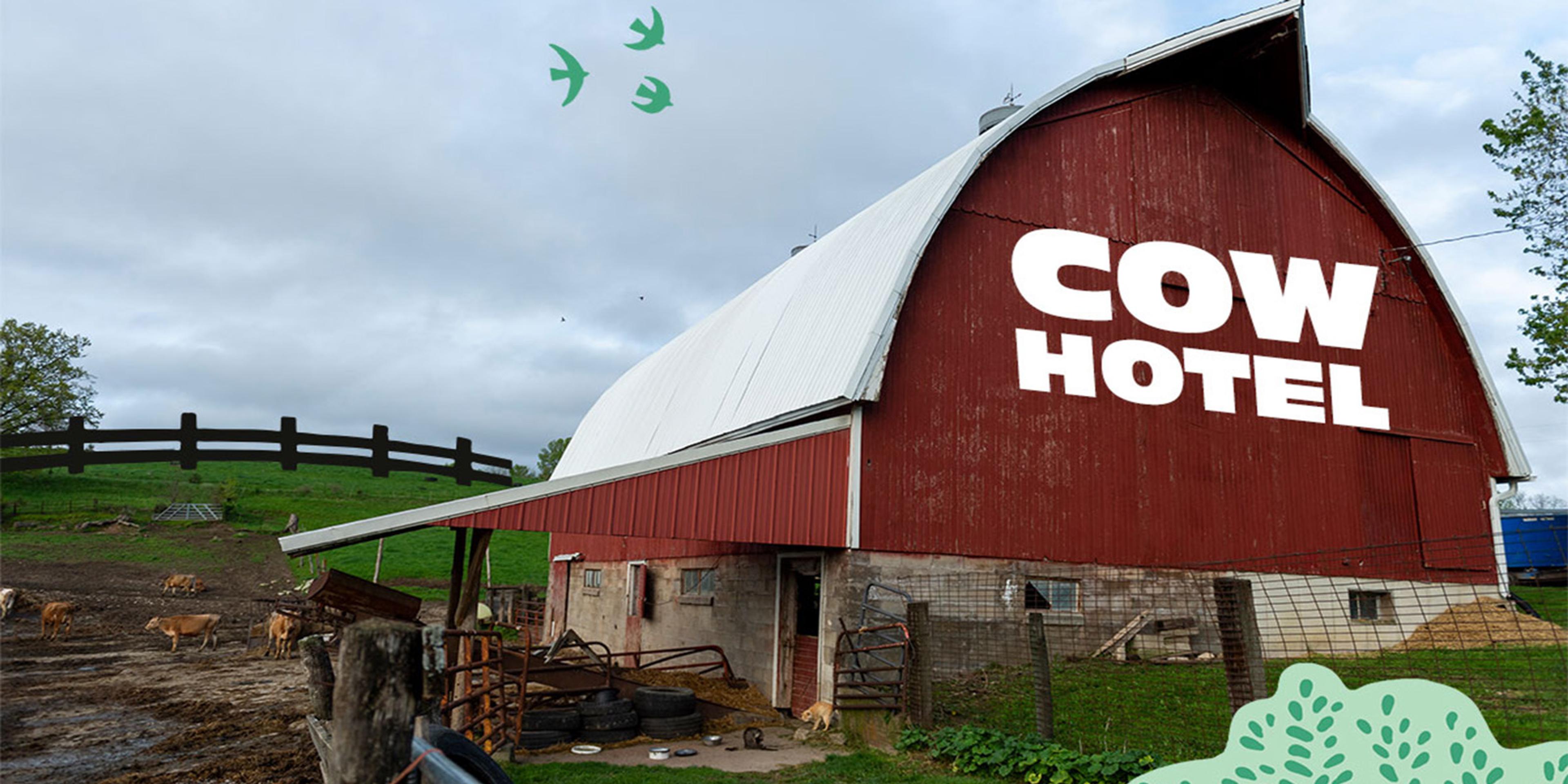
The Beard family farm in Iowa.
Supporting Small Organic Family Farms
There is no doubt Organic Valley farmers believe in the power of small organic family farms and all the good they do. Through our cooperative’s standards and practices, we promote respect for the diversity, dignity and interdependence of human, animal, plant, soil and global life.
When Organic Valley’s founders got together 34 years ago to find a way for farmers to make money without the use of harsh chemicals, they knew small family farms were in trouble. Did they know how much they were in trouble? In 50 years, there could be no small family farms left to save, according to the U.S. Department of Agriculture.
Organic Valley has had successes welcoming family farms to the co-op and we will continue fighting for small organic farms like we have for decades. We want to do everything we can to ensure that family farms don’t disappear from the landscape. Every time you purchase Organic Valley products, you are supporting these small organic family farms.
Check out our store locator to find Organic Valley products near you.
Jodi Helmer is a freelance writer whose work has appeared in magazines like National Geographic Traveler, American Way and Hobby Farms. She never turns down a chance to spend the night on a farm, especially if there is an opportunity to snuggle a sheep or caress a cow.
Related Articles
- Tags:
- working together,
- animal care,
- farm life,
- land stewardship & conservation,
- high quality products,
- making an impact














